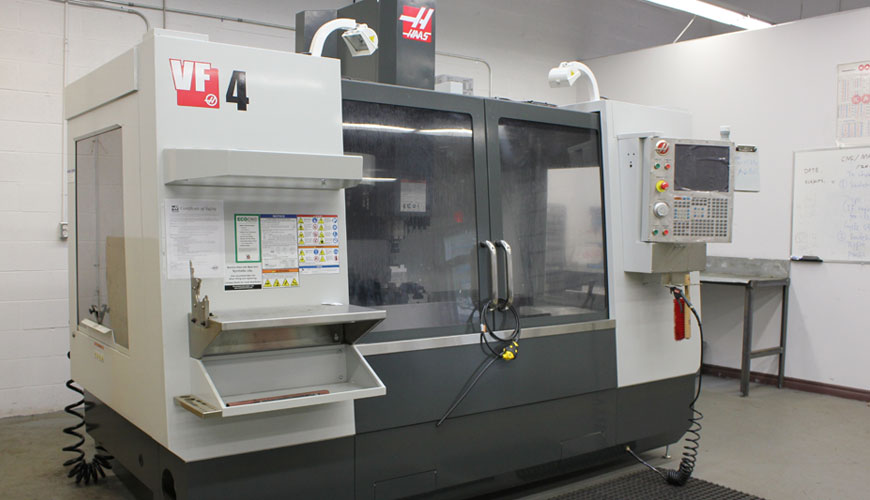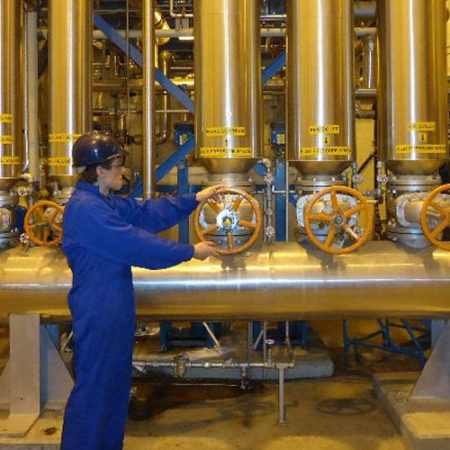CNC/MasterCAM

|
|
*Approved as a vocational program under the Ontario Career Colleges Act, 2005
The CNC/MasterCAM diploma training program prepares our graduates for a career within Canada’s growing industrial community. Upon the successful completion of the CNC/MasterCAM training program graduates will understand and be able to apply Computerized Numerical Control technology (CNC) from the introduction of CNC programming to advanced applications. As well, graduates will be able to develop CNC programs for a variety of machines, such as drills, mills, machining centers and lathes, using verifiable manual and computerized methods. The focus of the program is on practical industrial applications and problem solving using a professional approach.
Articulation– Credit Transfer
Graduates of the SCBT CNC/MasterCAM program may articulate to Canadore College of Applied Arts & Technology and receive a credit transfer of 24 credits towards the completion of the Canadore College 42 week Machinist-Mechanical Technician Ontario College Diploma Program. (Articulating students must meet the admission requirements of Canadore College.)
Course Features
- Schedule 0
- Quizzes 0
- Category 3 hours
- Accreditation All level
- Articulations English
- Students 0
- Assessments Yes
Program Overview
- Introduction to CNC programming
- CNC Specification for Lathe Operations
- CNC Specification for Milling Operations
- CNC Setup Time Reduction
- CNC Cycle Time Reduction
- Programming with M-code in CNC machine
- Programming with G-code in CNC machine
- CNC Parametric Programming
- Advanced CNC Techniques, Setups and Operations
- Introduction to MasterCAM
- 2-D Geometry Construction
- 2-D Geometry Creation & Toolpaths
- 3-D Toolpath Generation
- 3-D Wireframe Generation
- 3-D Surface Creation
Admission Requirements
- An Ontario Secondary School Diploma or equivalent, or
- Students are 18 years of age or older and pass a Superintendent approved qualifying test
Please see Admissions for detailed information.
CNC Machinists develop computer applications for machines and process, diagnose problems relating to CNC Machining and design programs for CNC machines. CNC Machinists set up and operate a variety of machine tools to cut metal, plastic or other materials to create or modify parts and products with precise dimensions. Machining and tooling inspectors inspect the parts, products and tooling produced from machines to maintain quality control standards. They are employed by machinery, equipment, motor vehicle, automotive parts, aircraft and other metal products manufacturing companies and by machine shops. (click here to see details)
Common Jobs NOC: 7231
- automotive machinist
- aviation machinist
- general machinist
- machine shop inspector
- machined parts inspector
- machining inspector
- machinist
- machinist apprentice
- tooling inspector
Common Duties
- Analyze engineering blueprints, charts, drawings, tables and sample parts to determine proper machining operation and sequence.
- Compute dimensions and tolerances.
- Measure and layout work pieces.
- Set up, operate and maintain a variety of machine tools including computer numerically controlled (CNC) tools.
- Perform sawing, turning, milling, boring, planing, drilling, precision grinding and other precision, non-repetitive machining operations.
- Assemble machined metal parts and sub assemblies with hand and power tools.
- Verify product dimension for conformation to specifications with precision measuring instruments.
- Set up machine tools for machining tool operators.
- Verify dimensions of machined parts or tooling with micrometers, verniers, callipers, height gauges, optical comparators, co-ordinate measuring machines (CMM) or other measuring instruments.
- Repair and calibrate precision measuring instruments such as dial indicators, fixed gauges, height gauges and other measuring devices.
- Report violations from specifications and tolerances.
- Produce inspection reports.




